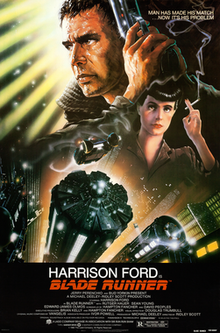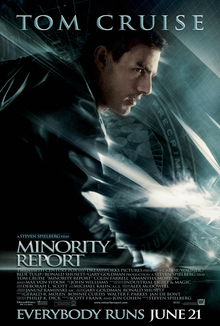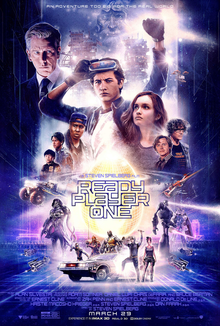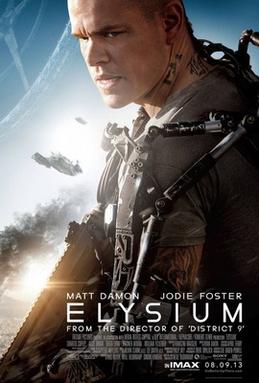Subreddit of the Week: aboringdystopia
I’m sure you’ve heard of the science fiction genre known as cyberpunk. I’m not talking about the recently released video game; I mean science fiction that is high-tech and futuristic in its setting, and politically and socially dystopian in its outlook.

An early example in film was the 1982 movie Blade Runner, based on a Philip K. Dick novel from the 1960s. It was a real trendsetter for the cyberpunk aesthetic – bleak and dark, but also slick and stylish. Like how everybody dressed in the nineties. It promised a future of brutal corporate rule and film noir cool. Did it get that future right? Not really. But as I broke it down in a review of the film and its sequel, science fiction is just modern mythology. Most of it is fantastical and completely unrealistic in its extrapolations; the real point of it is to explore the human psyche and the meaning of life.

Cyberpunk took off in the late 1900s, but as the world turned and the real cyberworld evolved, it looked less and less like the jaded, punk settings of the fictional genre. Going into the twenty-first century, cyberreality was becoming helpful and consumer-oriented. A more accurate depiction in dystopian fiction of the world to come was captured in the 2002 movie Minority Report, also based on a Philip K. Dick story. It was quite prescient in its forecast of a society under continuous surveillance and evaluation. The world it envisions even includes targeted advertising, and self-driving cars. The big thing it gets wrong is that, instead of psychics, we use machine learning algorithms to predict human behavior.

Now that we’re one-fifth of the way into the new century, and deep into the Crisis Era, the luster has come off of the consumer-oriented market society. Concerns about wealth and income inequality, and the plight of the underprivileged, have come to the forefront of popular dystopian science fiction. In the 2018 movie Ready Player One, a powerful tech company dominates society and a permanent underclass can only find respite in virtual reality. Sound anything like your life?

In the even higher stakes story of 2013’s Elysium, the Earth inhabited by the poor is almost unlivable, and the privileged middle class has taken to an orbital space habitat, where they enjoy vastly superior lives to those on the planet surface. Clearly this society has not dealt successfully with either climate change or the rising cost of healthcare. As far-fetched as the techonologies may be in the film, the allegory of an elite class that has completely abandoned any sense of social responsibility is unmistakeably relevant.
What kind of harrowing, high-tech dystopia do we actually live in today? That takes me to the title of this post and the subreddit /r/aboringdystopia. Here the teeming digital masses chronicle all the petty injustices and cruelties of the modern world, all the ways the megacorps keep us under their thumbs, all the ways that late stage capitalism is failing us. We did manage to get to a dystopia of oppressive corporate rule after all, it’s just not futuristic or cyberpunk.
Somehow we became an oppressed underclass without keeping any sense of style. We’re sitting in our sweatpants and binge-watching Amazon Prime video, not running around in cool leather jackets like Neo and Trinity. But in our own sad way, we’re jacked in to the Matrix and trapped in a dystopia.